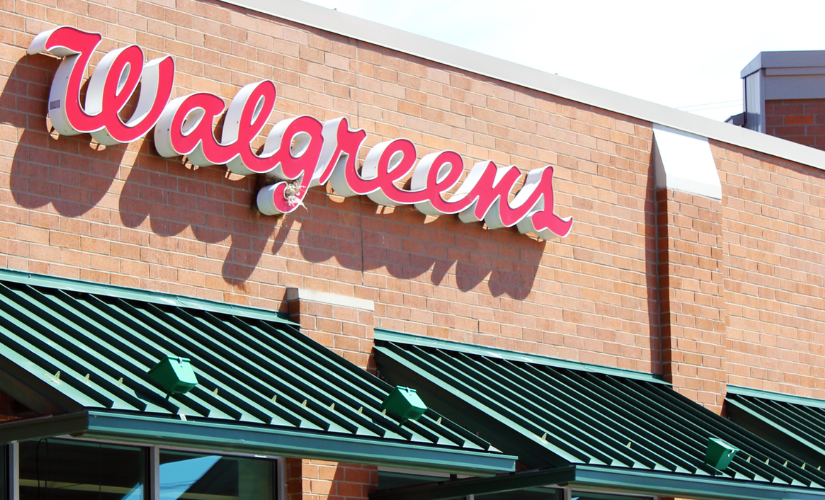back
Case studies of successful NNN financing deals
01-2023

For those looking to invest in real estate with the goal of generating passive income, net lease properties, also referred to as triple net lease (NNN) properties, are a popular choice. In a NNN lease, the tenant is obligated to cover all costs associated with the property, including taxes, insurance, and upkeep. Due to their predictable cash flow and lower level of management requirements for the landlord, NNN properties make good investments.
Over the years, there have been many successful NNN financing deals, but in this blog post, we’ll focus on three particular case studies of these deals.
Case Study 1: NNN Lease with Walgreens
One of the biggest pharmacy chains in the country, Walgreens, agreed to a 20-year NNN lease for a 4,500 square foot building in Jackson, Mississippi, in 2014. A purchase option was included in the lease for the tenant, meaning that if Walgreens decided to exercise it, they would have the option to buy the property at a predetermined price after 20 years.
In this instance, the tenant’s creditworthiness served as collateral for a bank loan that the landlord used to finance the property. For landlords looking to finance NNN properties, this form of financing, also known as “tenant-in-place” financing, is rising in popularity. Based on the tenant’s creditworthiness, the lender was willing to offer a favorable loan-to-value ratio, and the landlord was able to obtain financing without putting up any of their own capital.
In this instance, the landlord also benefited from the tenant’s long-term stability and the lease’s built-in purchase option. This reduced the risk of the investment by enabling the landlord to secure a long-term tenant and potential purchaser for the property.
Case Study 2: NNN Lease with Dollar General
Discount retail chain Dollar General signed a 10-year NNN lease for a 9,100 square foot property in Fort Worth, Texas, in 2015. The lease included a clause for a 5-year renewal option, which meant that at the end of the initial 10-year term, Dollar General would have the option to renew the lease for an additional 5-years.
In this instance, the landlord obtained funding for the building using a combination of a bank loan and private equity funding. Based on the tenant’s creditworthiness, the lender was willing to offer a favorable loan-to-value ratio, and the private equity investors were willing to contribute additional capital in exchange for a portion of the property’s cash flow.
The long-term reliability of the tenant in this instance, along with the lease’s provision for renewal, were both advantageous to the landlord. This reduced the risk of the investment by enabling the landlord to secure a long-term tenant for the property. The landlord was also able to divide the investment risk among several investors thanks to the private equity funding, which further reduced the risk.
Case Study 3: NNN Lease with 7-Eleven
Convenience store chain 7-Eleven agreed to a 20-year NNN lease in 2016 for a 3,500 square foot building in Chicago, Illinois. The lease included a clause for a 10-year renewal option, which gave 7-Eleven the right to choose whether to renew the agreement after the initial 20-year term.
In this instance, the landlord was successful in obtaining financing for the building through a private equity investment. The private equity investor agreed to contribute money in exchange for a portion of the property’s cash flow. For landlords looking to finance NNN properties, the so-called “equity participation” financing method is rising in popularity.
One advantage of using this kind of financing is that the landlord can keep control of the property while splitting the investment risk with the private equity investor. The long-term reliability of the tenant in this instance, along with the lease’s provision for renewal, were both advantageous to the landlord. This reduced the risk of the investment by enabling the landlord to secure a long-term tenant for the property.
Another advantage of NNN properties is the stability of cash flow. Because tenants are responsible for upkeep and maintenance costs, landlords can anticipate a consistent income stream regardless of market conditions.
For those looking to invest in real estate and generate passive income, NNN financing can be a fantastic choice. Although every deal is different, these case studies demonstrate that NNN properties can be a low-risk, high-reward investment with the right tenant and financing. Working with a seasoned real estate professional will help you navigate the available financing options and find the best deal for your particular situation.
The location and neighborhood of the NNN property are also important factors to take into account because it is crucial for the tenant to thrive in the neighborhood and for the property to be in a good location to draw in the right clientele. It is essential to make sure that the tenant can produce regular and stable cash flow; this can be done by looking into the financial health of the tenant business, industry trends, and its long-term growth prospects.
F2H Capital Group is a debt advisory firm specializing in negotiating the best terms for your commercial real estate projects. The company offers a range of financial products and services, including fixed loans, bridge loans, and construction loans across all asset types. Please contact us for any of your financing needs.

